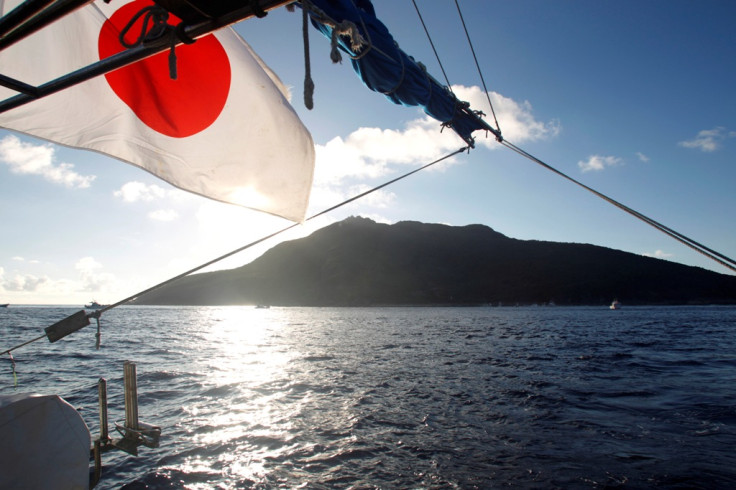Japanese Investment in Southeast Asia Rockets Amid China Slump

A sizeable number of Japanese firms have distanced themselves from China and are cosying up to Southeast Asia, as Chinese labour costs rise and relations between Tokyo and Beijing remain frosty.
China is Japan's largest trading partner.
However, in 2013 Japanese investments in Southeast Asia shot up to almost three times the amount invested in China, data from a Japanese government agency showed on 18 April.
Japanese firms pumped 2.33tn yen ($22.7bn, £13.5bn, €16.5bn) into Singapore, Thailand, Indonesia, Malaysia, the Philippines and Vietnam in 2013, against a mere 887bn yen ($8.6bn) invested in China, according to the Japan External Trade Organisation (Jetro).
Investment doubled in Southeast Asia and dropped 18% in China over 2012 and China's attractiveness is expected to continue to fade as the percentage of companies looking to expand there fell to a historic low of below 55%, Jetro added, citing a survey of Japanese companies.
"Viewed from the Japanese companies' headquarters, China's economy and China's political situation present a considerable amount of risk," said Jetro Chairman Hiroyuki Ishige.
Labour Costs
Rising wages in China have hit Japanese companies trying to maximise profits while keeping costs down.
China's average salaries have surpassed those of Thailand, according to a 2013 Jetro survey.
Labour costs in the Philippines and Indonesia are about a third lower than China's, while those in Vietnam are less than half, the survey revealed.
Sour Ties
Meanwhile, Sino-Japanese ties have been strained by a territorial row involving tiny islands in the East China Sea; and by perceptions in Beijing that Japanese Prime Minister Shinzo Abe wants to rewrite his nation's wartime history and dilute past apologies.
The drop in investment in China follows the eruption of riots against Japanese interests in 2012 when the territorial dispute escalated, after Tokyo bought the deserted islands in the East China Sea from their private owners.
© Copyright IBTimes 2024. All rights reserved.






